Speakers
Keynote Session │
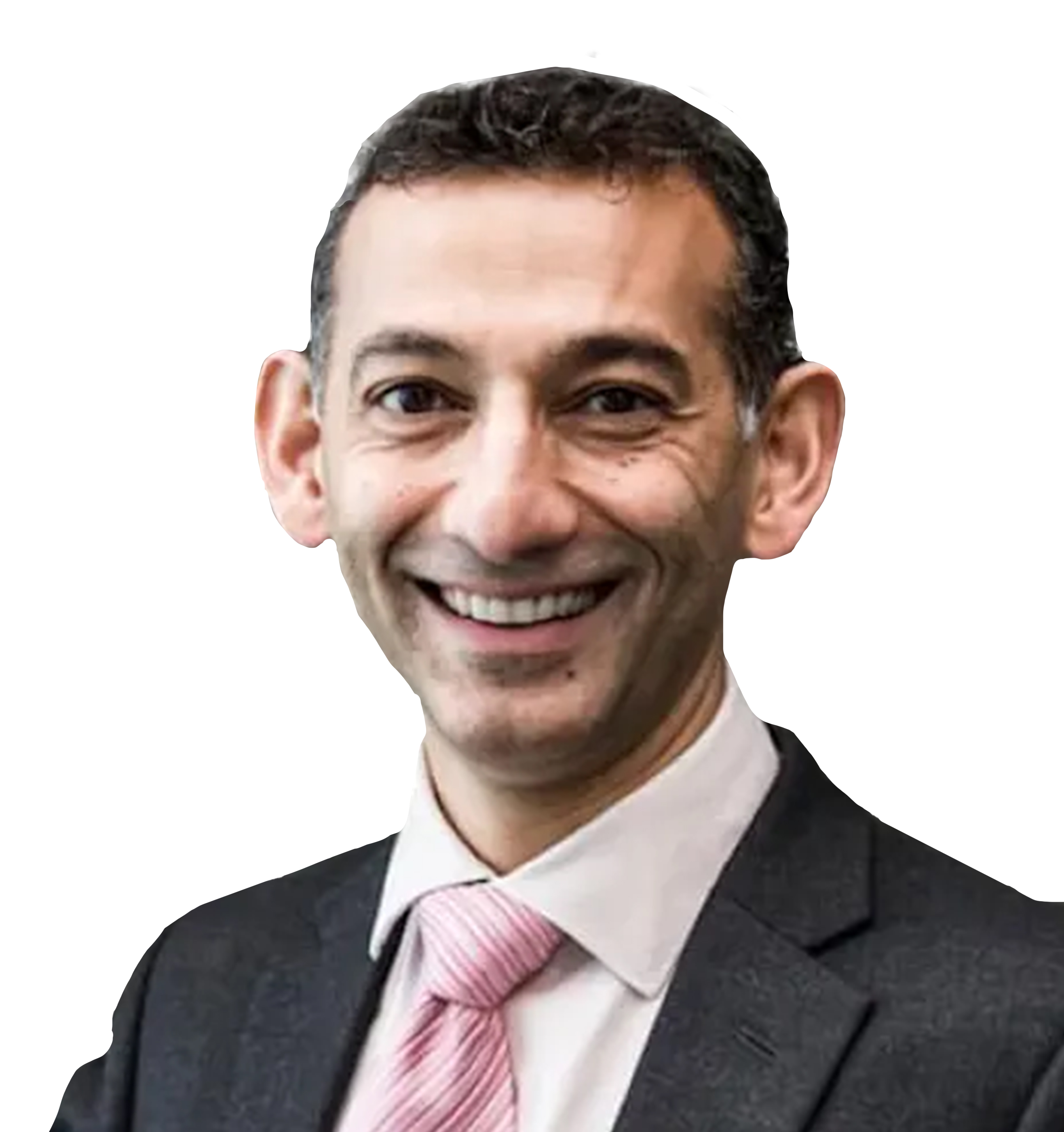
Speaker │ Dhiraj Mukherjee Co-Founder of Shazam; Tech Investor
- Co-Founder of Shazam
- Head of Innovation of Virgin Money
- MBA from Stanford Business School and Bachelors from Dartmouth College
- Angel Investor and Keynote Speaker
- Held positions at Infosys, Save the Children, Bain & Company
Co-founder of Shazam, Dhiraj built the service into a global brand with over 2 billion downloads before its acquisition by Apple for about $400 million.
Since then, he has become an international keynote speaker on AI, adaptable leadership, climate action, and the future workforce, while investing in more than 250 innovative companies including OpenAI. With his experience advising leading global corporations and his vision as a “Tech for Good” investor, he offers leadership insights that help create future inflection points.
His perspectives combine inspiration and practical advice, leaving a lasting impact on audiences.
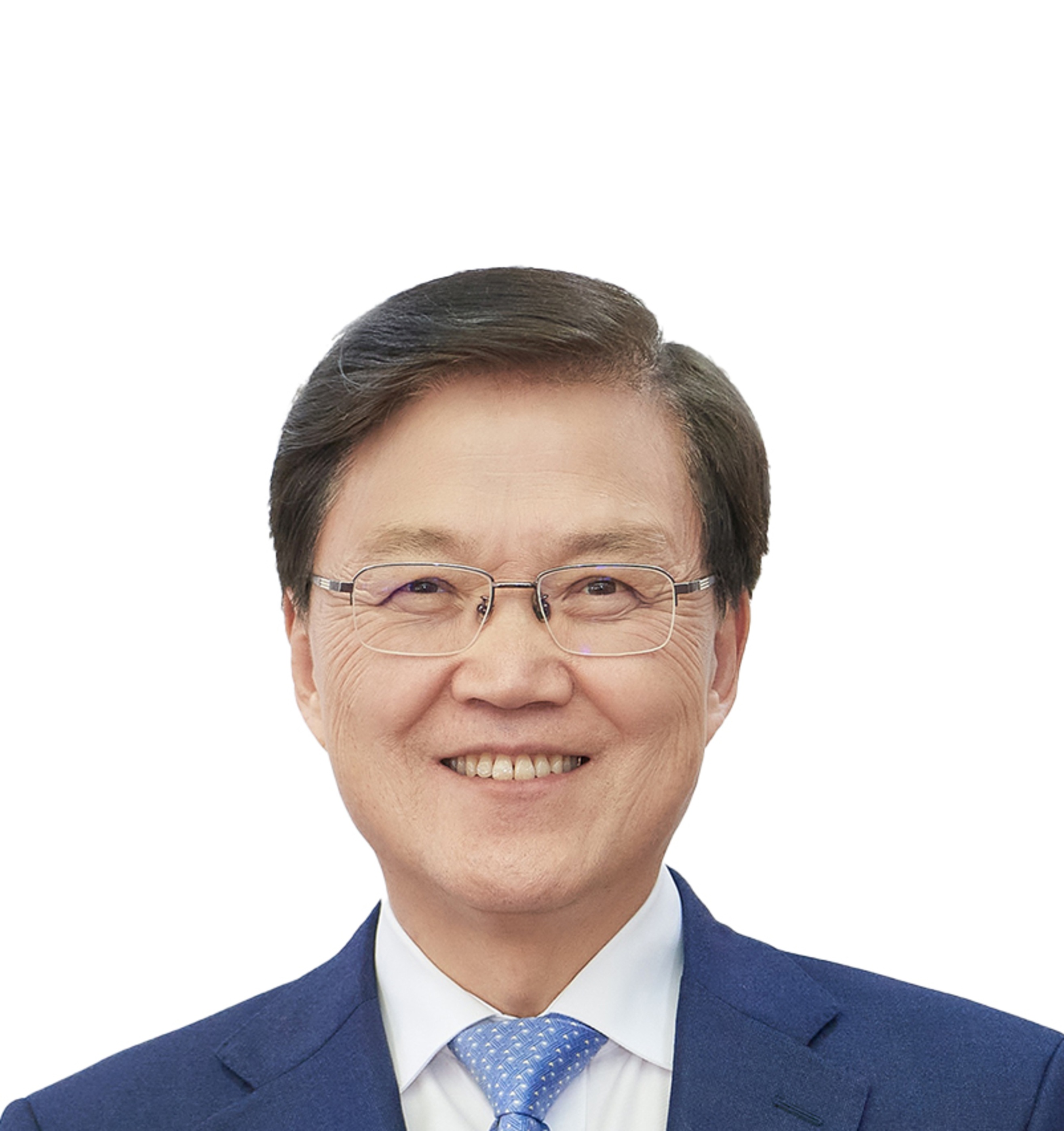
Speaker │ Yanghee Choi President of Hallym University; Former Minister of Science, ICT and Future Planning
- 2nd Minister of Science, ICT and Future Planning (Republic of Korea)
- Vice Chair, 3rd National Science and Technology Advisory Council
- Professor Emeritus, Department of Computer Science and Engineering, College of Engineering, Seoul National University
President Yanghee Choi graduated from the Department of Electronic Engineering at Seoul National University, earned a master’s in Electrical and Electronic Engineering from KAIST, and received a Ph.D. in Computer Science from the National School of Telecommunications (ENST), France.
Professor Choi served for over 30 years in the Department of Computer Science and Engineering at Seoul National University; appointments include Visiting Scientist at the IBM T.J. Watson Research Center (U.S.), Head of the Data Communications Research Laboratory at ETRI, and Director of the ICT Standards Research Center.
Choi was the inaugural Dean of the Graduate School of Convergence Science and Technology at SNU, Director of the Advanced Institute of Convergence Technology, and Founding Chair of the AI Committee. From 2014 to 2017, Choi served as Minister of Science, ICT and Future Planning, overseeing national science, technology, and ICT policy. Additional roles include Inaugural Chair of the Samsung Science & Technology Foundation, President of KIISE, and Founding Chair of the Future Internet Forum. Choi was inaugurated as the 11th President of Hallym University and reappointed as the 12th President in 2025. Honors include the Test-of-Time Award, the Order of Science and Technology Merit (Progress Medal), the Korea Internet Award, the Internet Technology Award, and the Baeknam Engineering Award.
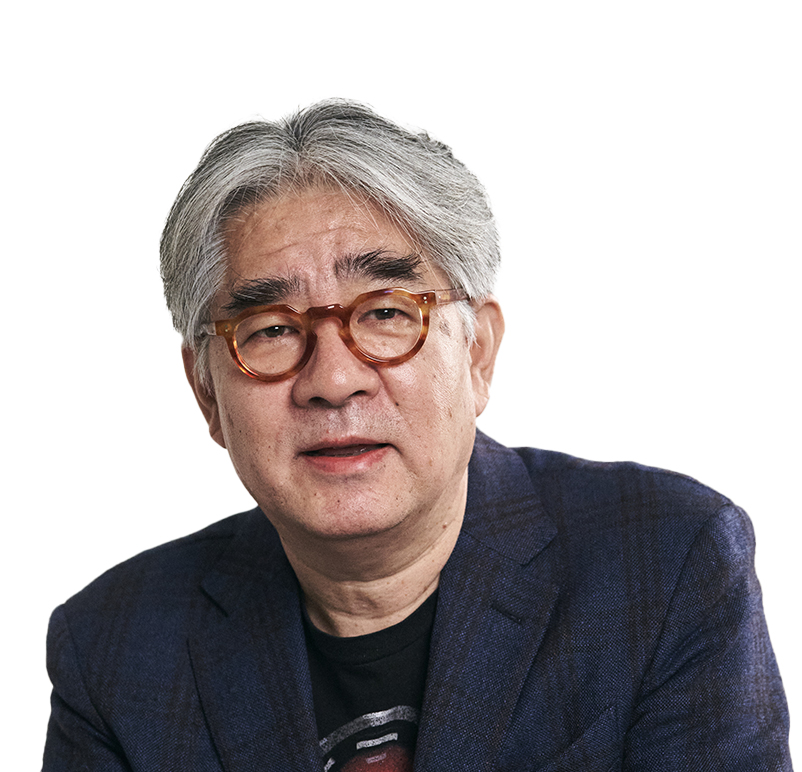
Moderator │ Sangki Han CEO of TechFrontier
- Industry-Academia Collaboration Professor, Entertainment Software Center, Sejong University
- Professor of Practice, Graduate School of Culture Technology, KAIST
- Chief Strategy Officer (CSO), Daum Communications
- Head of Internet Group, Strategic Planning Office and Media Services Business Division, Samsung Electronics
Graduated from the Department of Computer Science at Seoul National University, and earned a Ph.D. in Artificial Intelligence from KAIST, specializing in knowledge representation. After working in the Strategic Planning Office and Media Services Business Division at Samsung Electronics, overseeing internet business strategy, served as Chief Strategy Officer (CSO) and Head of the Japan Office at Daum Communications from 2003. Founded two startups, taught at KAIST and Sejong University, and has led Tech Frontier as CEO since 2011.
Currently provides technology strategy consulting for enterprises, conducts policy advisory and research for government, and delivers lectures on the relationship between technology and society. Research activities include projects on technological frameworks for AI ethics and trustworthy artificial intelligence, and contributions of technology-related columns to media outlets such as Slow News.
Public-sector activities include serving as General Planning Committee Chair for the AI Data Roadmap (for national AI dataset development) and Planning Committee Member for the AI Grand Challenge. Publications include 'AI War 2.0', 'The Age of AGI', 'AI War', 'ChatGPT: Opportunity or Crisis? (co-authored)', and 'Trustworthy AI'.
Robot Session │ Humanoids in Partnership with Humanity: The Intersection of Technology and Emotion
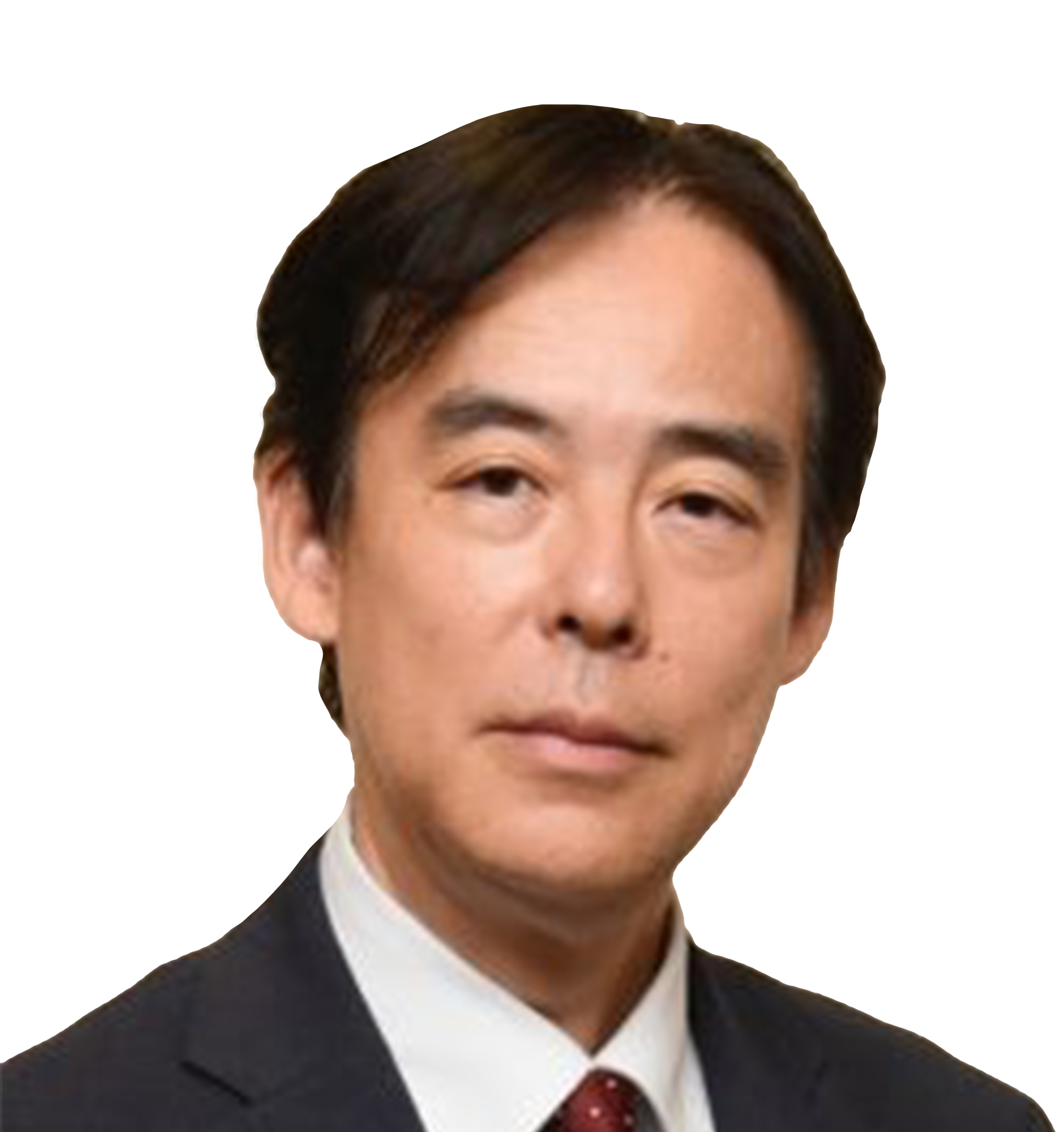
Speaker │ Ogata Tetsuya Chairperson of AI Robot Association (AIRoA), Japan; Professor of Waseda University, Japan
- Professor, Waseda University, Japan
- Joint Appointed Fellow, Artificial Intelligence Research Center, AIST, Japan
- Chairperson, AI Robot Association (AIRoA), Japan
- Research Supervisor, JST CREST "Embodied AI Systems", Japan
Professor Tetsuya Ogata is a pioneer in robotics and artificial intelligence with over 30 years of experience, making groundbreaking contributions to robot emotion modeling, cognitive developmental robotics, and deep predictive learning.
After earning his Ph.D. at Waseda University, he has conducted extensive research at institutions such as the National Institute of Advanced Industrial Science and Technology (AIST) and RIKEN. His work in human-robot interaction (HRI) introduced a psychological approach to linking robots' emotional expressions with hardware states. Furthermore, by applying deep learning for predictive learning, he has innovated how robots interact with flexible materials and adapt to their environments.
Professor Ogata's research is paving the way for the future of human-robot emotional recognition and interaction.
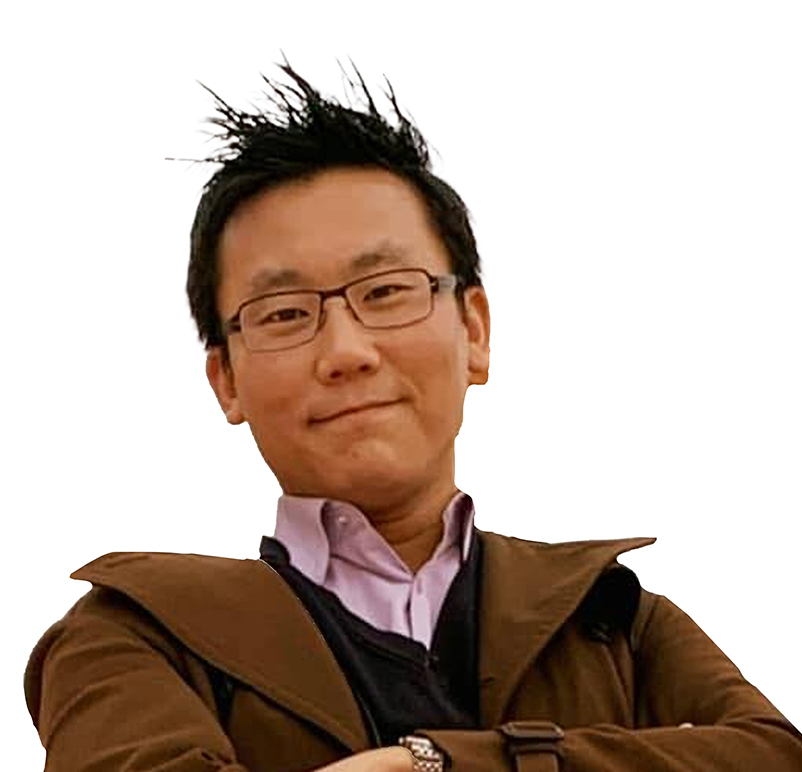
Speaker │ Sangho Yi CEO and Founder at Mand.ro Co. Ltd.
- B.S. in Electrical and Electronic Engineering, Korea University
- Ph.D. in Computer Science and Engineering, Seoul National University
- Postdoctoral Researcher, INRIA (French National Institute for Research in Computer Science and Automation)
- Visiting Researcher, Stanford University (USA)
- Principal Researcher, Software R&D Center, Samsung Electronics
In January 2015, Sangho Lee, CEO of Mand.ro, began developing a myoelectric prosthetic hand after reading an online story about a man of his own age who had lost both hands.
At that time, Lee had little knowledge about prosthetics, and the first development process introduced him to many new challenges. The most serious issue he discovered was the extremely high cost of existing electronic prosthetic hands — a barrier so significant that 99.9% of upper-limb amputees could not even consider using one.
In this seminar, Lee will share his 10-year journey of designing and producing a wide range of prosthetic hands, developed with the goal of bringing the price down from that of a car to that of a household appliance or smartphone. He will also discuss how this work has evolved into the current development of robotic hands and humanoid robot technology, and offer insights into what new technologies must be pursued next in the field of robotic hands, based on his direct experience.
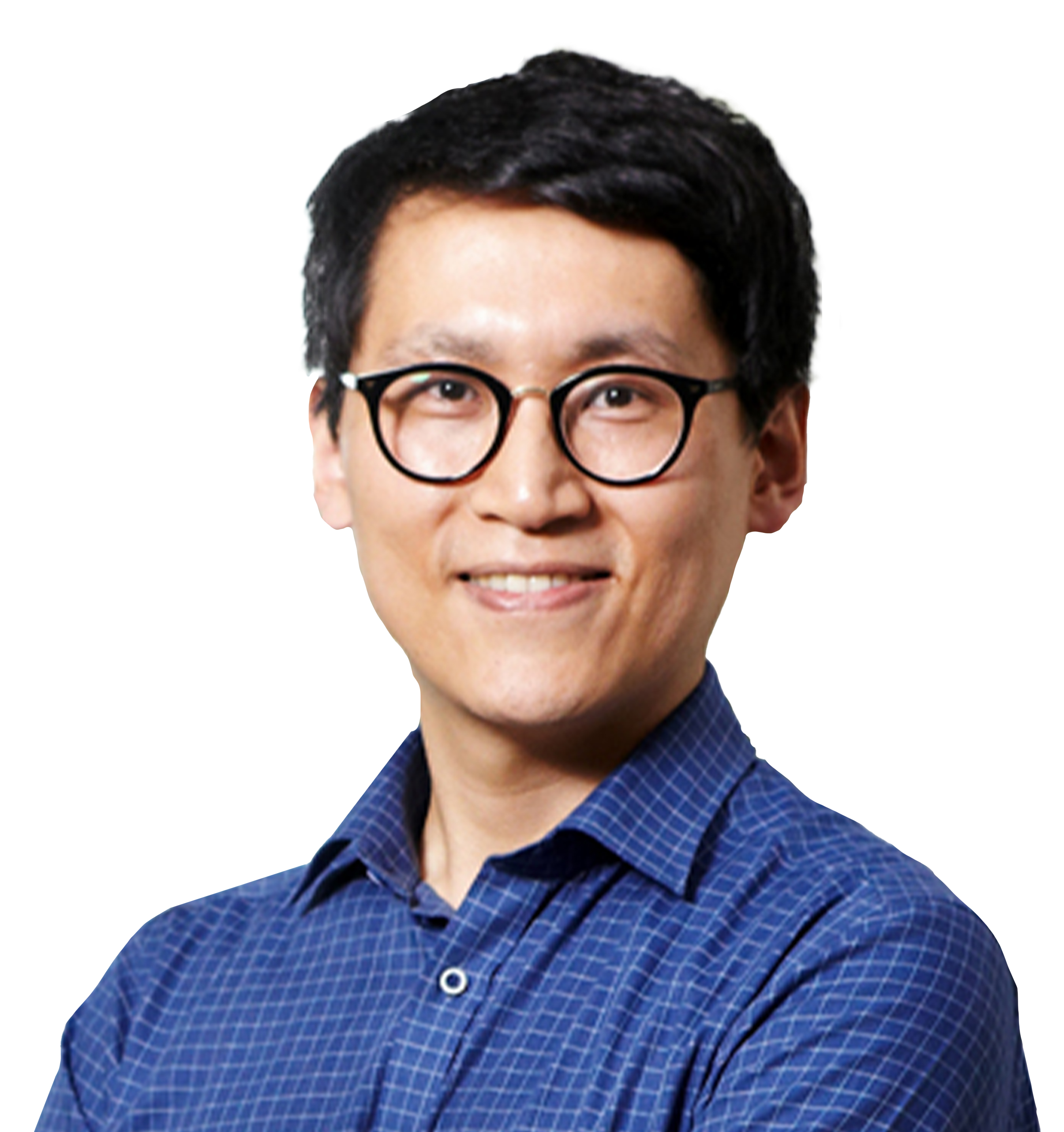
Speaker │ Jonggun Park CEO of Circulus Inc.
- Assistant Professor, Office of Industry-Academia Cooperation, University of Suwon
- SCL (Supply Chain & Logistics) Consultant, Samsung SDS
- Daum Game
- Participant, CES 2020 – Selected as “Best of CES Finalist” (by Engadget)
- Official launch of companion robot Pibo and participation in IFA 2019
Jonggun Park is the founder and CEO of Circulus, an AI robotics company leading an on-device intelligence platform for the emerging era of Physical AI.
Circulus has been recognized for its global technological competitiveness through selection to the NVIDIA Inception Program and Intel Ingenious Program, and has attracted industry attention by securing startup acceleration from Samsung Electronics and strategic investment from Hyundai Motor Company.
Today, Circulus is developing a robot “brain” that integrates language, vision, and speech intelligence to enable robots to think and act autonomously—advancing a future in which humans and robots live and work together.
Speacial Session │ The Intelligence of AI Nation: A New Framework for Technological and Societal Policies
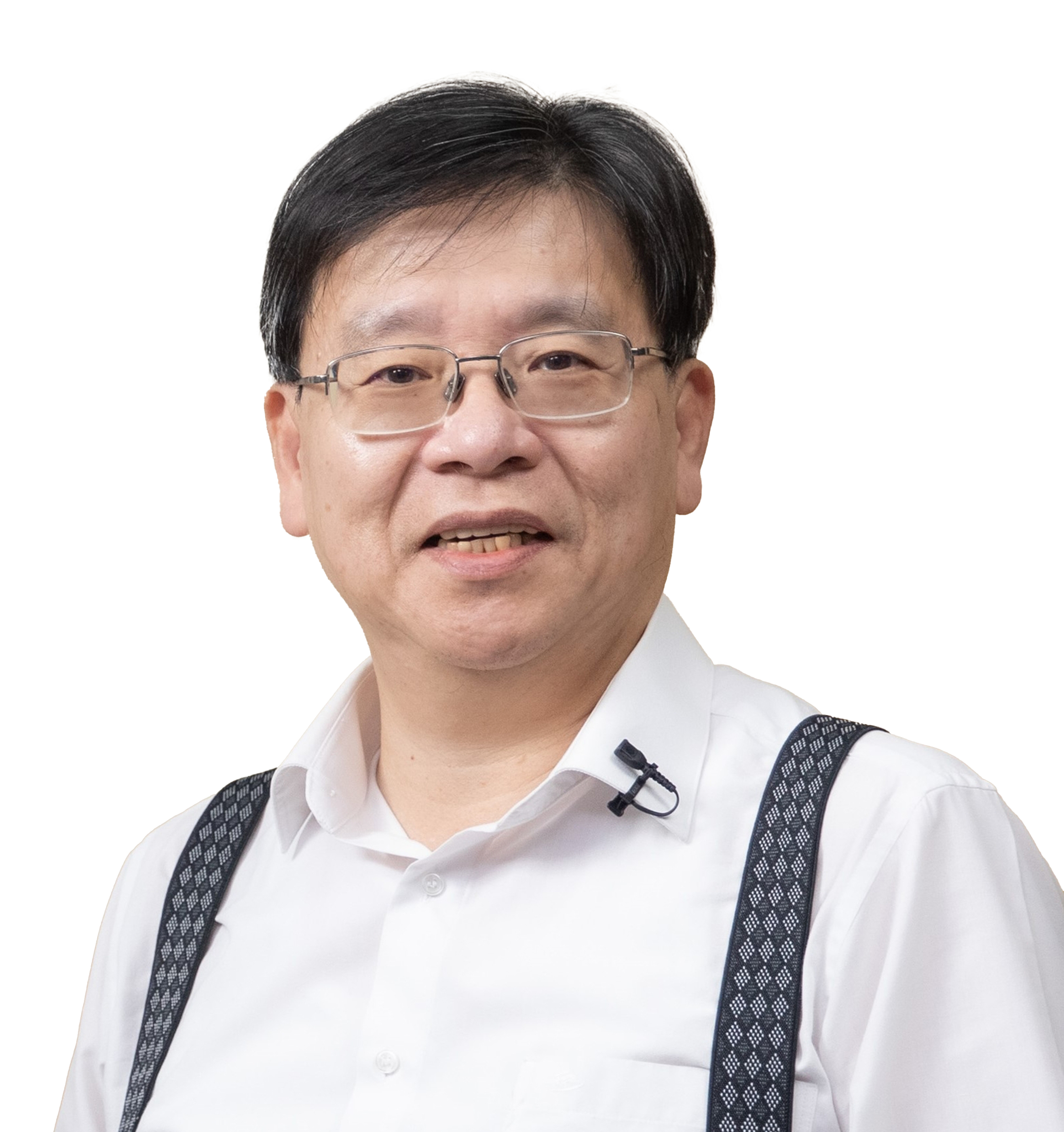
Speaker │ Yi-Bing Lin Lifetime Chair Professor of National Yang Ming Chiao Tung University, Taiwan; Former Deputy Minister
- Lifetime Chair Professor and Winbond Electronics Chair Professor, National Yang Ming Chiao Tung University, Taiwan / Chair Professor of China Medical University, Taiwan
- Deputy Minister, Ministry of Science and Technology, Taiwan (2014-2016)
- Senior Vice President, National Chiao Tung University, Taiwan (2011-2013)
- Board of Directors for Chunghwa Telecom (2008–2018)
- National Applied Research Laboratories (2017–2024)
Professor Jason Yi-Bing Lin is Lifetime Chair Professor at National Yang Ming Chiao Tung University, Taiwan, and a globally recognized scholar in mobile communications, IoT, and AI.
He received his Ph.D. from the University of Washington and began his career as a Research Scientist at Bell Labs before returning to Taiwan to lead in academia, government, and industry. He has published nearly 500 journal papers, 200 conference papers, and holds over 60 international patents. His textbooks are adopted by more than 60 universities worldwide.
Elected Fellow of IEEE, ACM, AAAS, and IET, he has received prestigious honors including the TWAS Prize in Engineering Sciences, the K. T. Li Honorary Scholar Award, and the Paragon Award for Leadership in IoT.
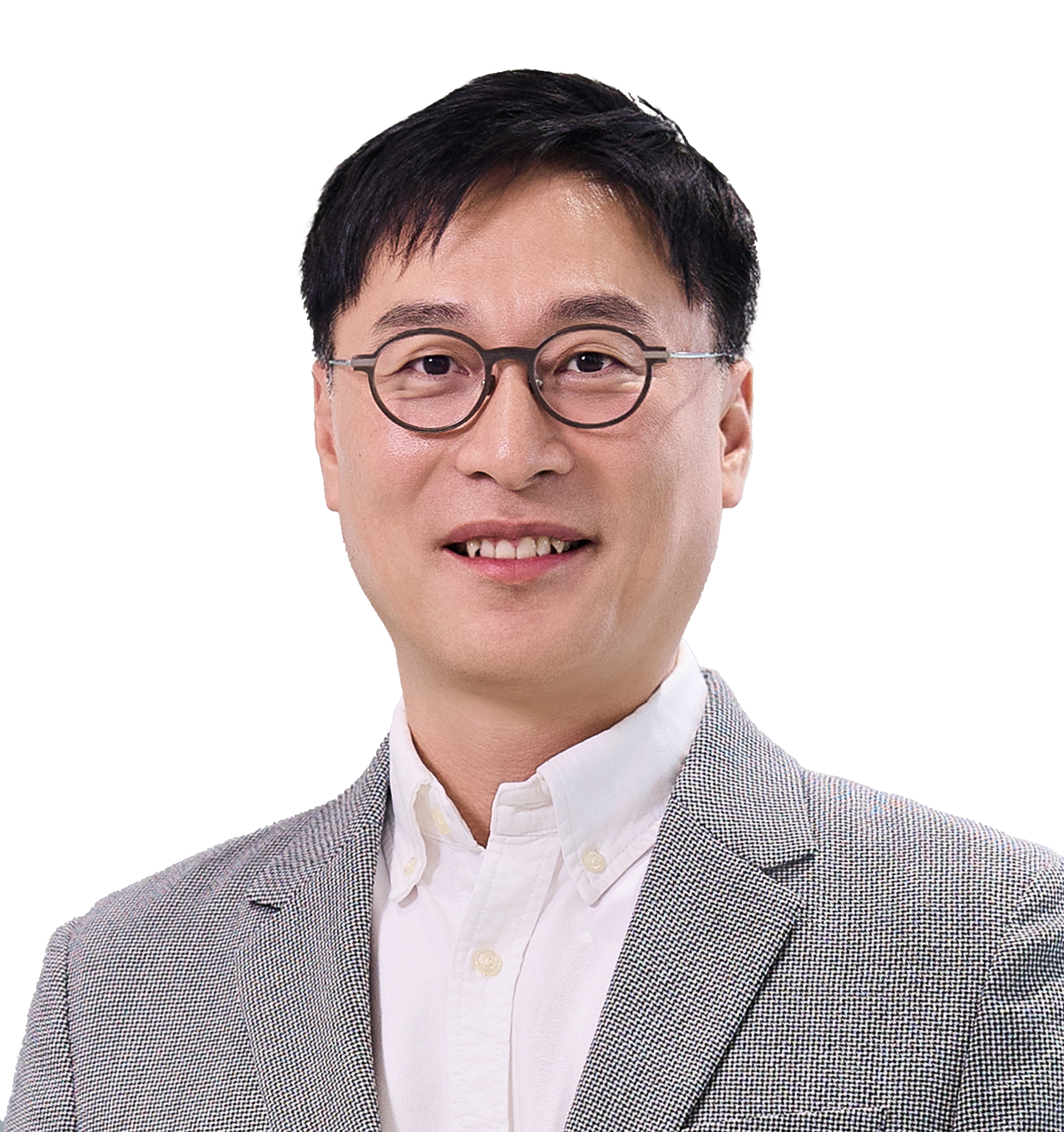
Speaker │ Kijeong Jeon LG AI Research Unit Leader
- Head of Big Data, LG Science Park
- Management Innovation Center, Samsung Electronics
- Global Business Services (GBS), IBM Korea
- Information Systems Office / Financial Planning Office, NAVER Corp.
Kijeong Jeon, Head of Service Development, leads the AI Product organization at LG AI Research, overseeing the productization of AI technologies for real-world deployment.
Building on experience leading AI transformation consulting across LG affiliates, ongoing work at LG AI Research focuses on operationalizing state-of-the-art AI so that it can be effectively applied in enterprise environments.
Previous roles include positions at NAVER and IBM in information systems, data science, and process innovation; within LG, responsibilities have spanned data strategy and AI transformation.
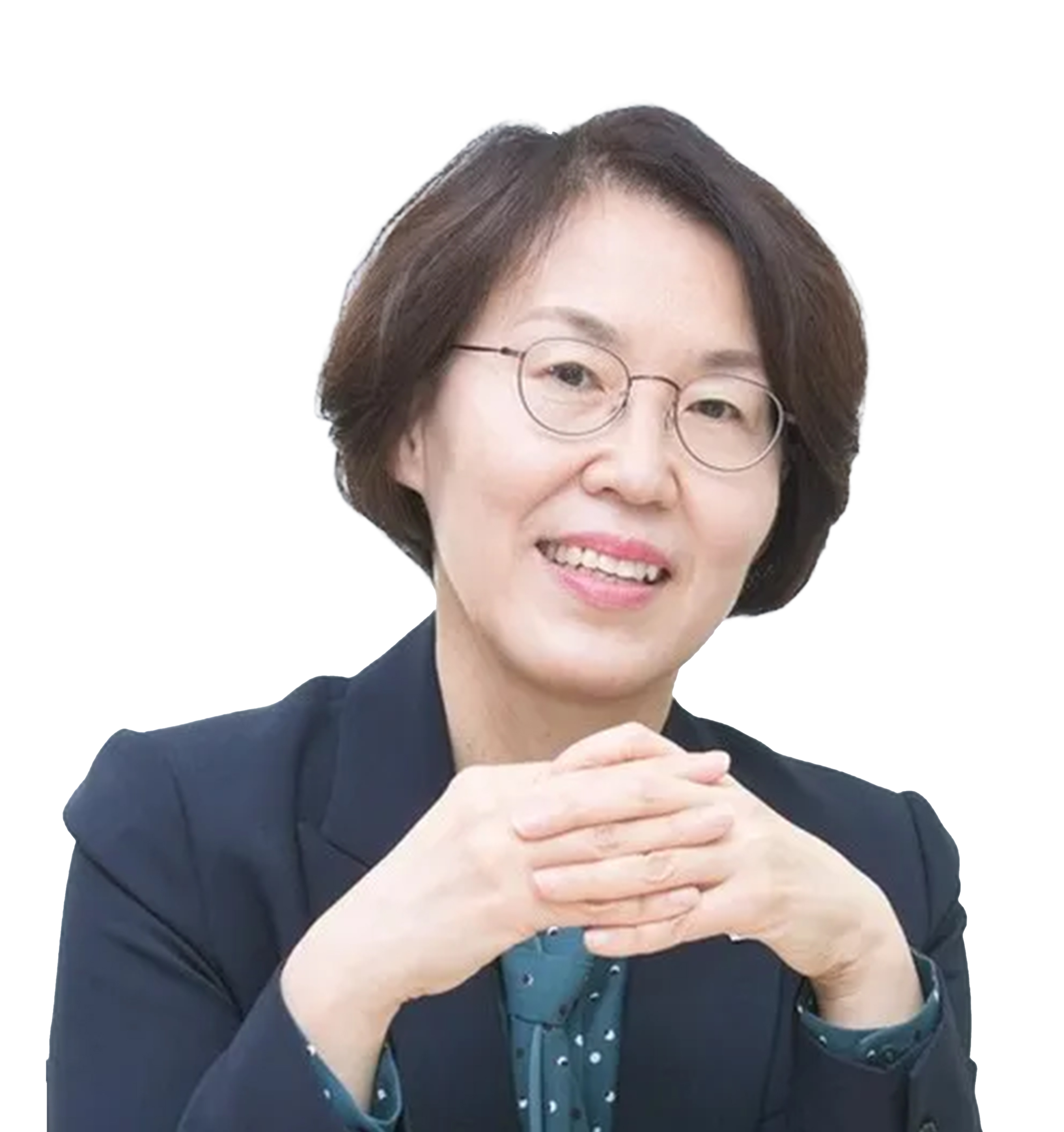
Speaker │ Hyesook Lim Professor of Electrical and Electronic Engineering, Ewha Womans University; Former Minister of Scien
- B.S. and M.S. in Control and Instrumentation Engineering, College of Engineering, Seoul National University
- Ph.D. in Electrical and Computer Engineering, The University of Texas at Austin
- Fellow of the IEEE (Institute of Electrical and Electronics Engineers)
- 3rd Minister of Science and ICT (Republic of Korea)
- 50th President, The Institute of Electronics and Information Engineers
Hyesook Lim received the B.S. and M.S. degrees in Control and Instrumentation Engineering from Seoul National University, and a Ph.D. in Electrical and Computer Engineering from The University of Texas at Austin in 1996. Afterward, experience includes approximately three and a half years as a Researcher at Lucent Technologies—Bell Labs (USA) and two years as a Hardware Engineer at Cisco Systems.
Since 2002, serving as Professor in the Department of Electronic and Electrical Engineering, Ewha Womans University. Roles include Dean of the College of Engineering and, in 2020, the first woman to serve as President of the Institute of Electronics and Information Engineers of Korea (IEIE), the country’s largest electronics-and-IT scholarly society. In 2021, served as Chairperson of the National Research Council of Science & Technology (NST), and from May 14, 2021, for one year, served as Minister of Science and ICT of the Republic of Korea.
Currently a Full Member of the National Academy of Engineering of Korea (NAEK) and a Fellow of the IEEE. Research interests include network algorithms and hardware architecture leveraging probabilistic data structures, with a strong emphasis on implementation as digital chips.
Seoul Insight │ The Future Vision of Human-Centered AX
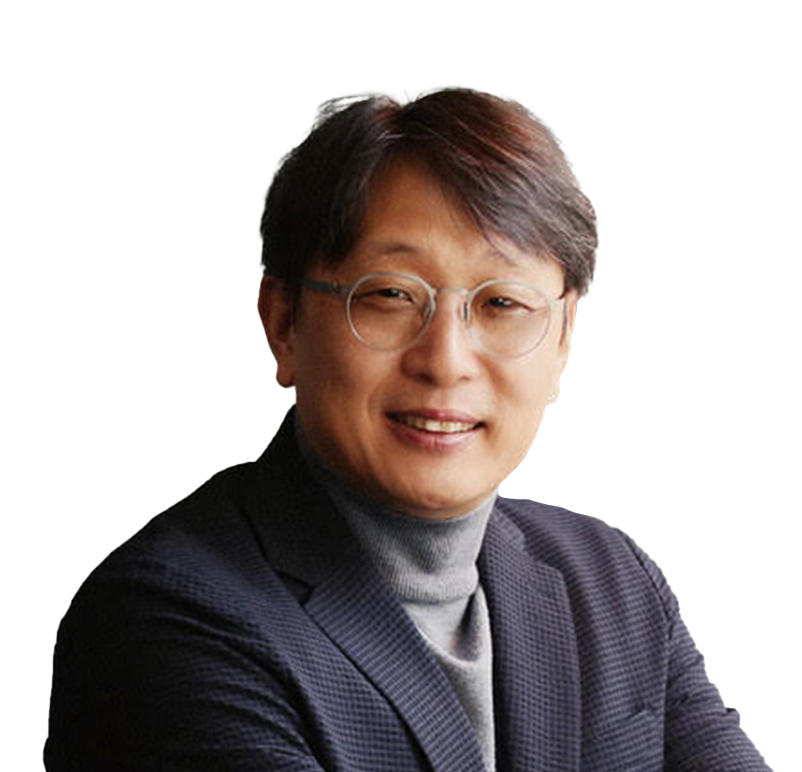
Speaker
Moderator │ Yoonsik Choi Director of the Asia Futures Human Resource Institute and Professional Futurist
- Ph.D. in Business Administration, University of Phoenix
- M.S. in Futures Studies, University of Houston
- Research Professor, Department of Technology Management, State University of New York Korea (SUNY Korea)
- Director, Institute for Future Technology Management, SUNY Korea
Earned a degree from the University of Houston’s Graduate Program in Foresight, one of the United States’ leading formal programs in futures studies. Studied under globally recognized figures in the field, including Peter C. Bishop (founding director of the Association of Professional Futurists and the World Future Society), Christopher Burr Jones (former Secretary-General of the World Future Society), and Wendy Schultz (former President of the Association of Professional Futurists). With studies spanning futures studies, business administration, philosophy, ethics, and theology, has served on the Board of the Association of Professional Futurists (APF) and is regarded as a leading professional futurist representing Asia and Korea.
Founded AIintelligence Inc. in the United States to conduct research on artificial intelligence. Currently serves as Director of the Asia Future Talent Institute, and has previously served as Board Member of the APF, Advisory Professor at Samsung Electronics’ DMC Research Center, Director of the Institute for Future Studies at SUNY Korea, and Member of the Strategic Foresight Committee of the former Ministry of Science, ICT and Future Planning. An active scholar and author of over 70 books, with cumulative sales exceeding one million copies, widely recognized by the public.
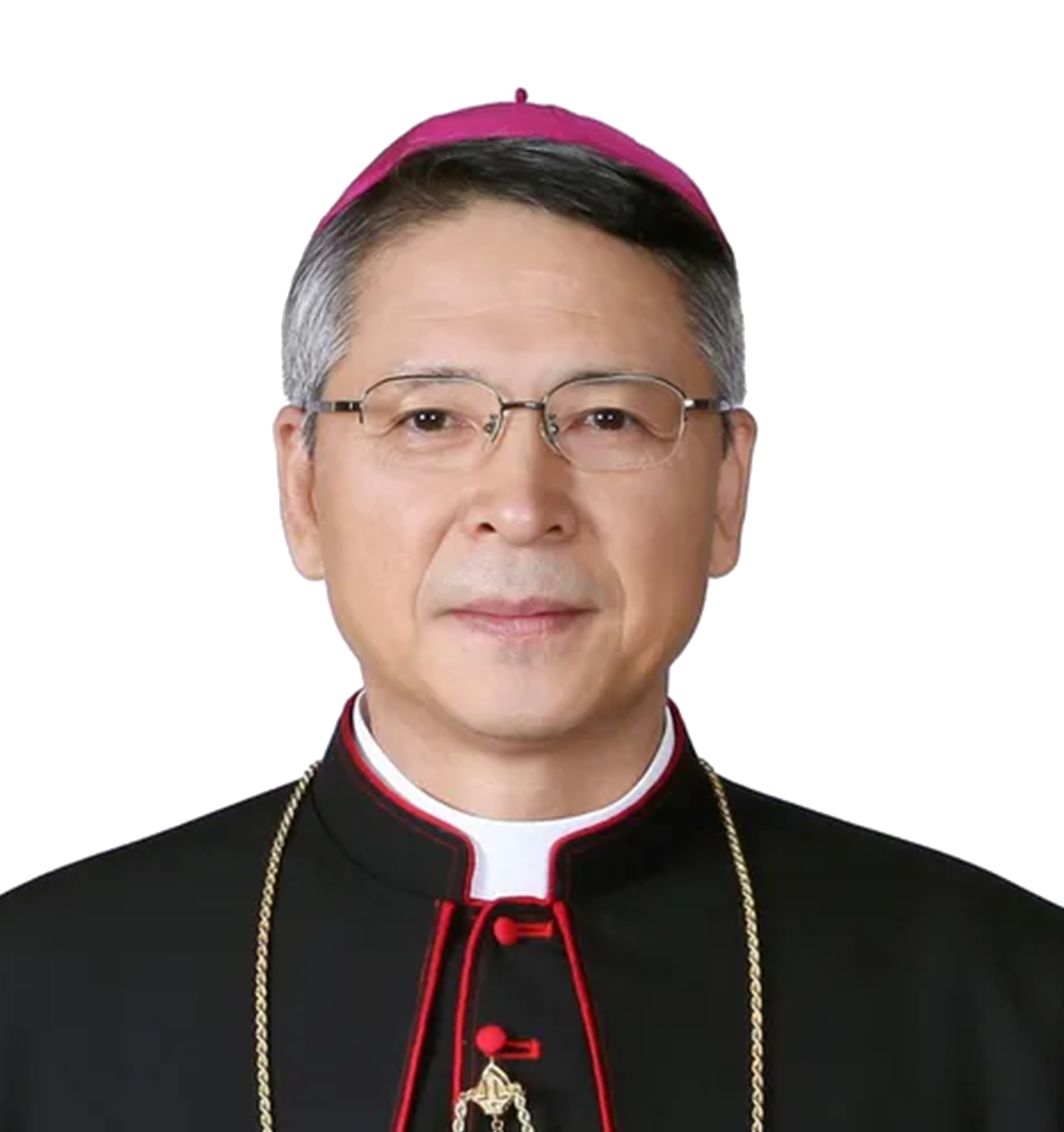
Speaker │ Seonghyo Lee Bishops of Catholic Masan Diocese
- M.S. in Electronic Engineering, Graduate School, Seoul National University
- Ph.D. in Theology, Institut Catholique de Paris (Catholic University of Paris)
- Member, Dicastery for Culture and Education, Holy See (Vatican)
- Chair, Episcopal Commission for Social Communications, Catholic Bishops’ Conference of Korea
After completing an M.S. in Electronic Engineering at Seoul National University, began theological studies at Suwon Catholic University. Earned an M.A. in Theology from the Faculty of Theology, Trier University (Germany) and was ordained a priest for the Diocese of Suwon. Received a Ph.D. in Historical Theology from the Institut Catholique de Paris (Catholic University of Paris) and, while serving as a professor at Suwon Catholic University, was consecrated a bishop in 2011. While serving as Auxiliary Bishop of the Diocese of Suwon, was appointed a Member of the Pontifical Council for Culture in 2013; following the 2023 Curial reorganization, continues as a Member of the Dicastery for Culture and Education. In 2024, was appointed Bishop of Masan and was installed in February 2025.
In September 2024 at the SIGNISASIA Conference in Tokyo, delivered a presentation interpreting Pope Francis’s World Communications Day message, “Artificial Intelligence and the Wisdom of the Heart.” In January 2025, translated and introduced “Encountering Artificial Intelligence,” published by the Digital Research Unit (under the Dicastery for Culture and Education). Currently serves as Chair of the Episcopal Commission for Social Communications of the Catholic Bishops’ Conference of Korea.
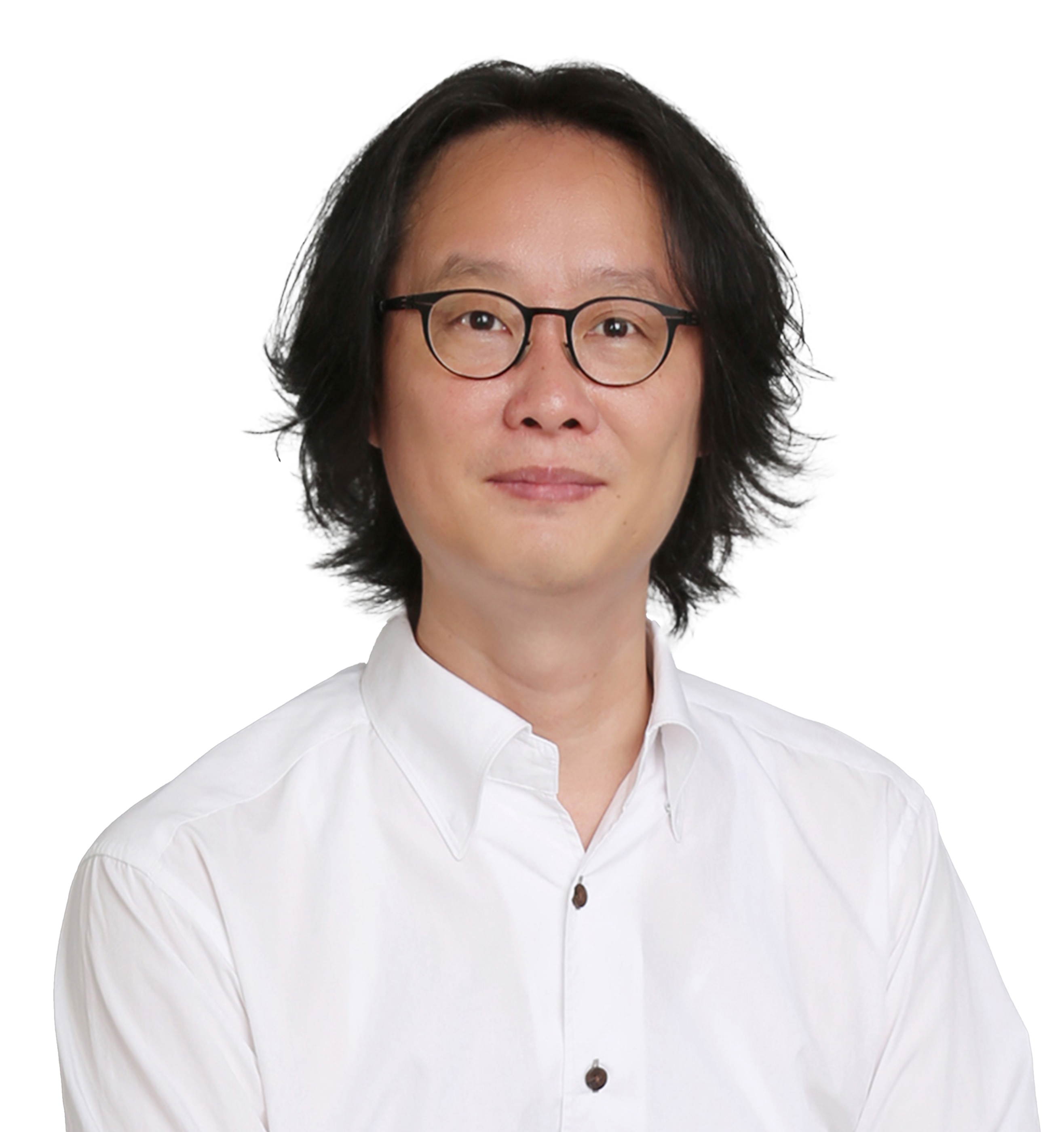
Moderator │ Jaeyin Kim HK Research Professor at the Center for Cross-Cultural Studies, Kyung Hee University
- B.A. in Aesthetics, Seoul National University; Ph.D. in Philosophy (Seoul National University)
- Researcher, Institute for Philosophical Studies, Seoul National University
- Resident Research Fellow, Interdisciplinary Research Program, Korea Institute for Advanced Study (KIAS)
- Editor-in-Chief, Webzine X, POSTECH Institute for Convergence Civilization Studies (POSTECH = Pohang University of Science and Technology)
- Chair, Cultural Committee, Digital Society
Philosopher; currently Professor at the Institute for Cross-Cultural Studies, Kyung Hee University, and Chair of the Cultural Committee at Digital Society. Primary research areas include the philosophy of technology and the philosophy of art. Completed a B.A. in Aesthetics and a Ph.D. in Philosophy at Seoul National University. Previous appointments include Research Fellow with the Interdisciplinary Research Program at the Korea Institute for Advanced Study (KIAS) and Editor-in-Chief of Webzine X at the POSTECH Institute for Convergence Civilization Studies.
Major publications include "The Joint Brain Project"(2025), "Humans, Do Not Despair Yet"(2024), "AI Big Bang"(2023), "The Philosophy of the New Normal"(2020), and "In the Age of Artificial Intelligence, Rethinking the Human"(2017). Translated works include Gilles Deleuze & Félix Guattari’s "Anti-Oedipus" and "A Thousand Plateaus". Honors and recognitions include two awards from the Deputy Prime Minister and Minister of Education, two Sejong Book selections, two Digital Society Outstanding Content awards, Kyunghyang Shinmun’s Writer of the Year, Munhwa Ilbo’s Book of the Year, and finalist selection for the Korea Publishing Culture Award.
SFC Talk │ AI, Humans, and the Power of Social Imagination
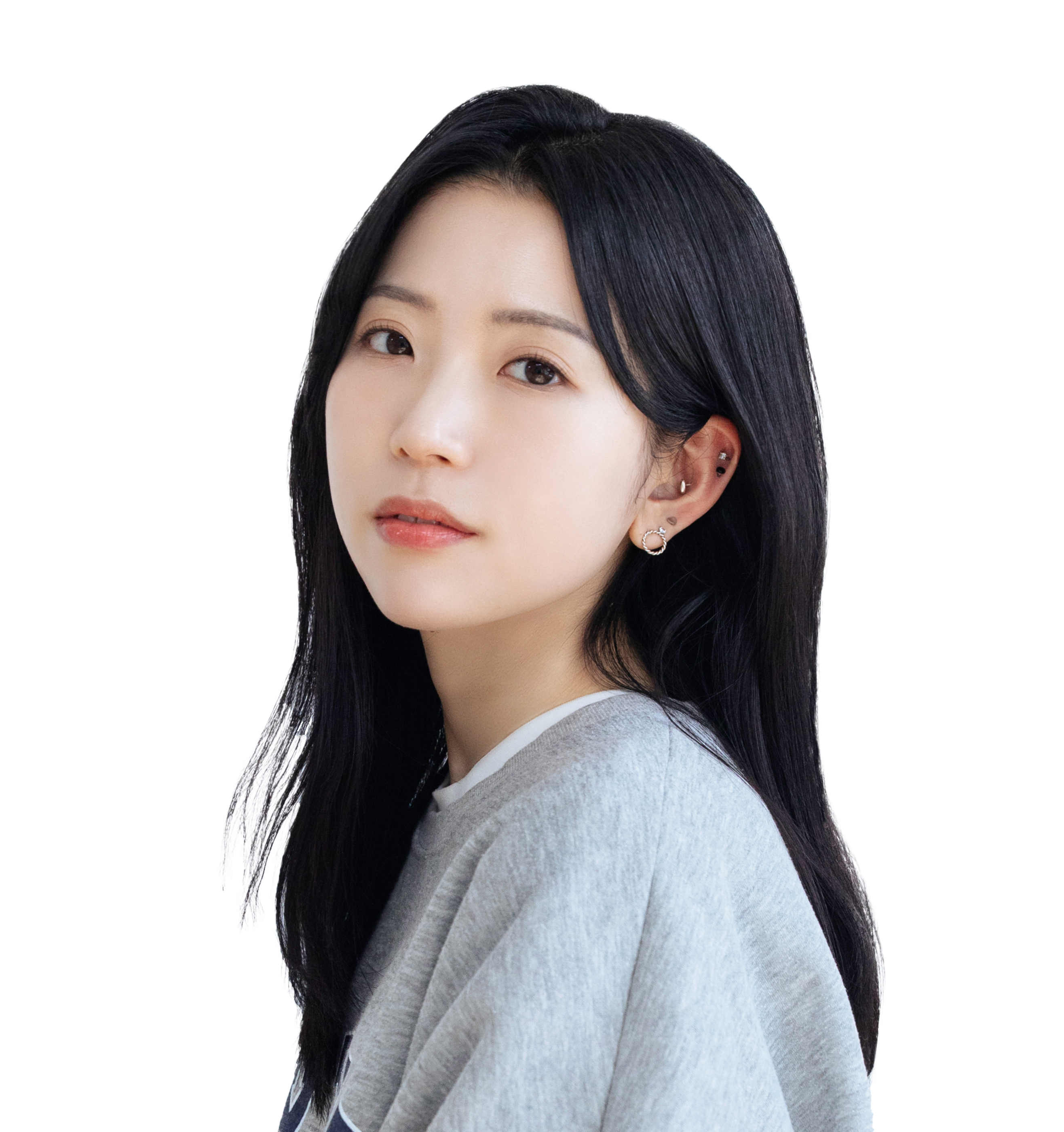
Speaker │ Seonran Cheon Science Fiction Writer (Thousand Blues)
- M.A. in Creative Writing, Dankook University
- Grand Prize, 4th Korea Science Literature Awards
- Member, Korea SF Writers’ Association
Cheon Seonran is an acclaimed science fiction author whose works center on environmental destruction and species extinction. Her characters often persist through loss and despair, prompting readers to reflect on the source of human courage. Across her novels — including『 A Thousand Blue』, 『Nine』, 『No Land』, 『The Midnight Shift』, 『Moss Forest』, and 『모우어』 — she explores the resilience of love amid hopelessness. In addition to fiction, she has contributed to drama scripts and the SF documentary
Cheon has also gained international recognition after signing a seven-figure advance contract with Penguin Random House, expanding her reach to global readers. She is currently an active member of the Korea SF Writers’ Association.
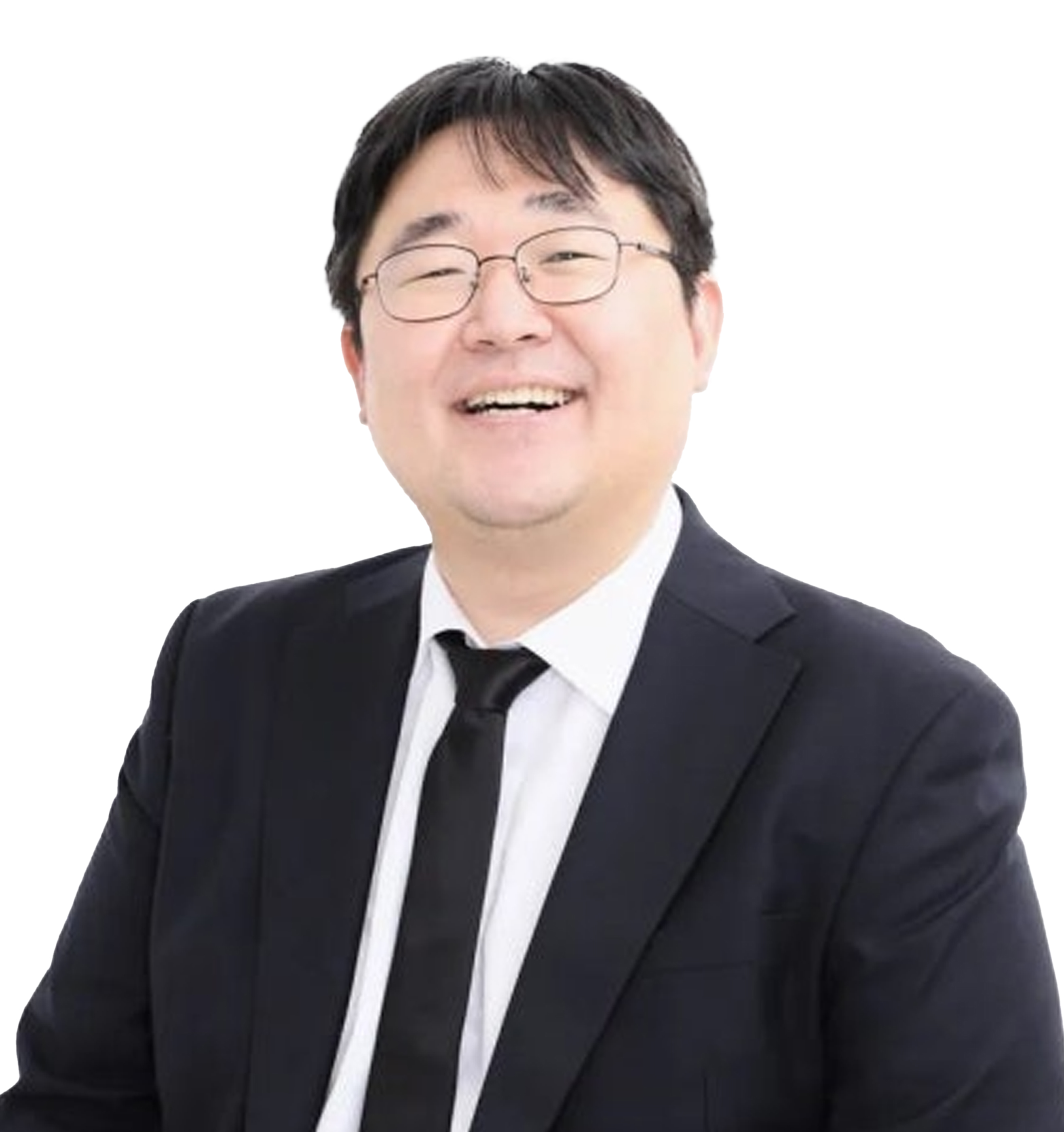
Moderator │ Jaesik Kwak Assistant Professor of Environmental Safety Engineering, Soongsil Cyber University
- Advisory Member, Future Civil Law Forum, Ministry of Justice (Republic of Korea)
- Expert Member, Presidential Council on Intellectual Property
- Manager, Safety & Environment Team, LG Chem
Jaesik Kwak is a novelist and professor of Environmental and Safety Engineering. His short story “The Rabbit’s Aria” (2006) was adapted for television by MBC, marking the beginning of his literary career. Since then, he has published numerous short story collections and novels, including《The Greatest Gamble On Earth》and《신라 공주 해적전》, maintaining an active presence in both literature and media.
He is also the author of several popular science books, such as 《곽재식의 세균 박람회》, 《지구는 괜찮아, 우리가 문제지》, and 《곽재식의 유령 잡는 화학자》.
Beyond writing, Kwak frequently appears in mainstream media, including KBS "Weekend Live Information Show", SBS "Kim Young-chul's Power FM", and CBS "Lee Kang-min's ZAPZISA", where he explains scientific knowledge and interprets various economic and industrial phenomena through the lens of science. He currently serves as assistant professor at Soongsil Cyber University.